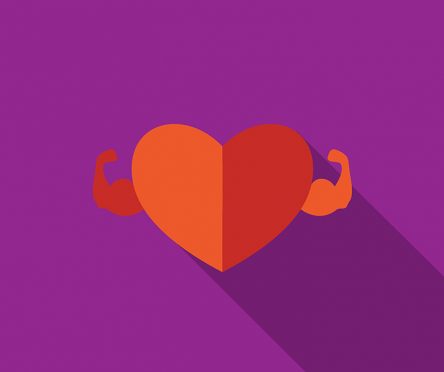The keto diet promises weight loss without calorie counting or constant feelings of hunger. The premise is simple – if you eat less carbs, your body will burn fat for energy.
But weight loss aside – does the keto diet put your heart at risk?
Double the risk, actually, says recent research presented at the American College of Cardiology. The study showed that a keto diet doubled the risk of cardiovascular events, including heart attack, stroke and blocked arteries.
Steven Borer, DO, a Hartford HealthCare Heart & Vascular Institute cardiologist, explains why the keto diet doesn’t qualify as heart healthy and how the right carbohydrates can and should be part of your diet.
It’s all about the fat.
The keto diet may be low in carbs, but it’s often high in fat – especially saturated fat.
Saturated fat is often found in food like red meat and cheese, both of which are labeled as “keto-friendly” due to their low carb content.
“We know higher levels of [bad cholesterol] correlate with cardiovascular events, and saturated fat intake drives up [bad cholesterol],” says Dr. Borer.
But not all fat is created equal.
Even though saturated fat can spell trouble for your heart, unsaturated fat should be incorporated into your diet (in moderation of course).
- Fish, such as salmon, cod or mackerel, with omega-3 fatty acids
- Nuts, such as walnuts, almonds and macadamia nuts
- Seeds, such as chia seeds, flaxseed, sunflower, pumpkin and sesame seeds
- Avocados
- Olive, avocado or canola oils
> Related: Should I Try Cutting Carbs, Fat or Sugar for Weight Loss?
Carbs aren’t the enemy.
Carbs get a bad rap, but they’re an essential part of a healthy diet.
“While increasing intake of fats and minimizing carbohydrates can facilitate weight loss, avoiding healthier carbohydrates, that are high in fiber, can increase LDL and cardiac risk,” says Dr. Borer.
The key is to incorporate naturally-occurring carbs, which are often high in fiber and have many health benefits. These include:
- Fruits like bananas, apples, mangos and berries
- Vegetables, such as broccoli, lettuce, peppers, sweet potatoes, etc.
- Whole grains
- Legumes
Refined carbs and sugars found in processed foods, on the other hand, should be minimized since they offer minimal nutritional value and have negative impacts on blood sugar, weight and inflammation.
Before trying the keto (or any) diet, check with a doctor.
The problem with many diets is the focus on macronutrients like carbs, protein and fat, explains Borer. Limiting any of these may mean neglecting important vitamins and minerals that your body needs.
If you want to try keto, or any diet, Dr. Borer suggests starting a conversation with your doctor.
“Anyone considering this type of diet should be aware of any underlying health problems and may need to monitor cholesterol levels to avoid increasing the risk of cardiovascular disease.”



